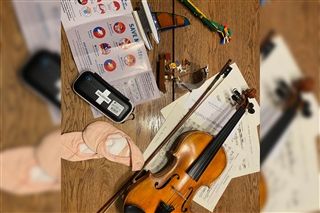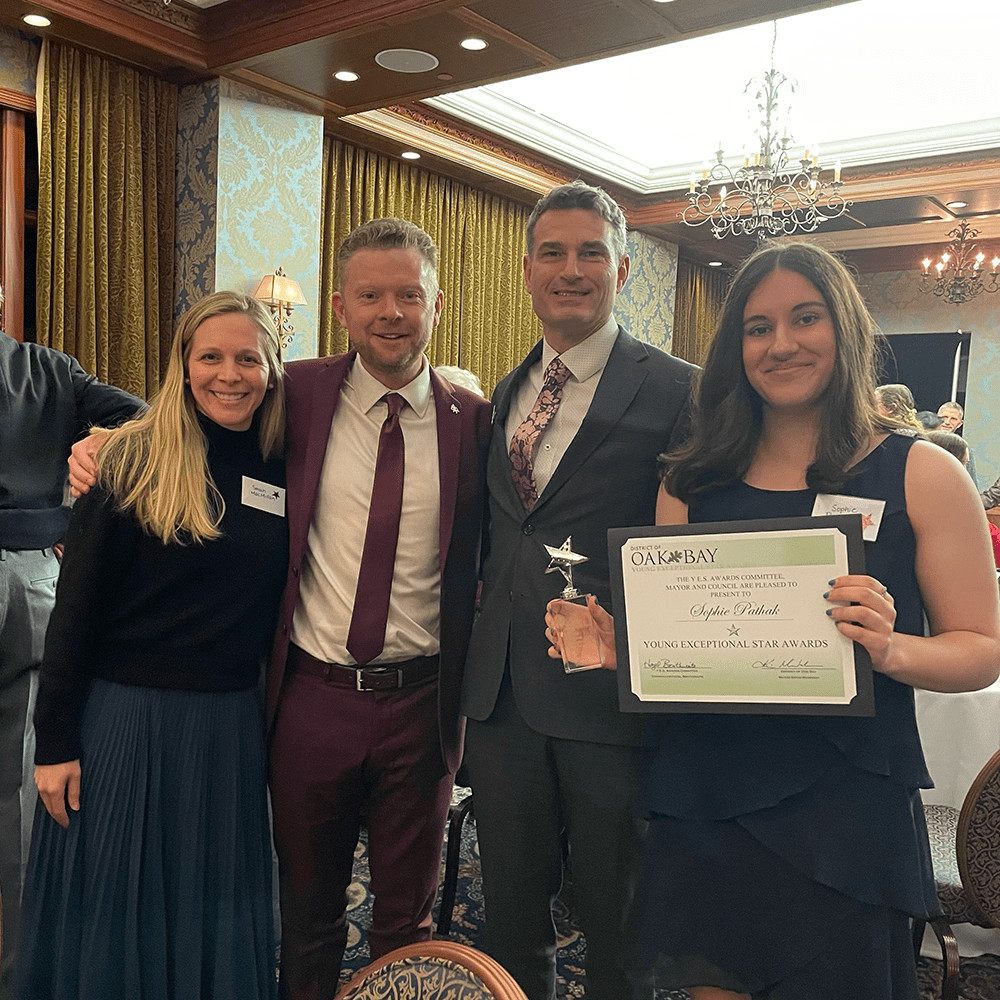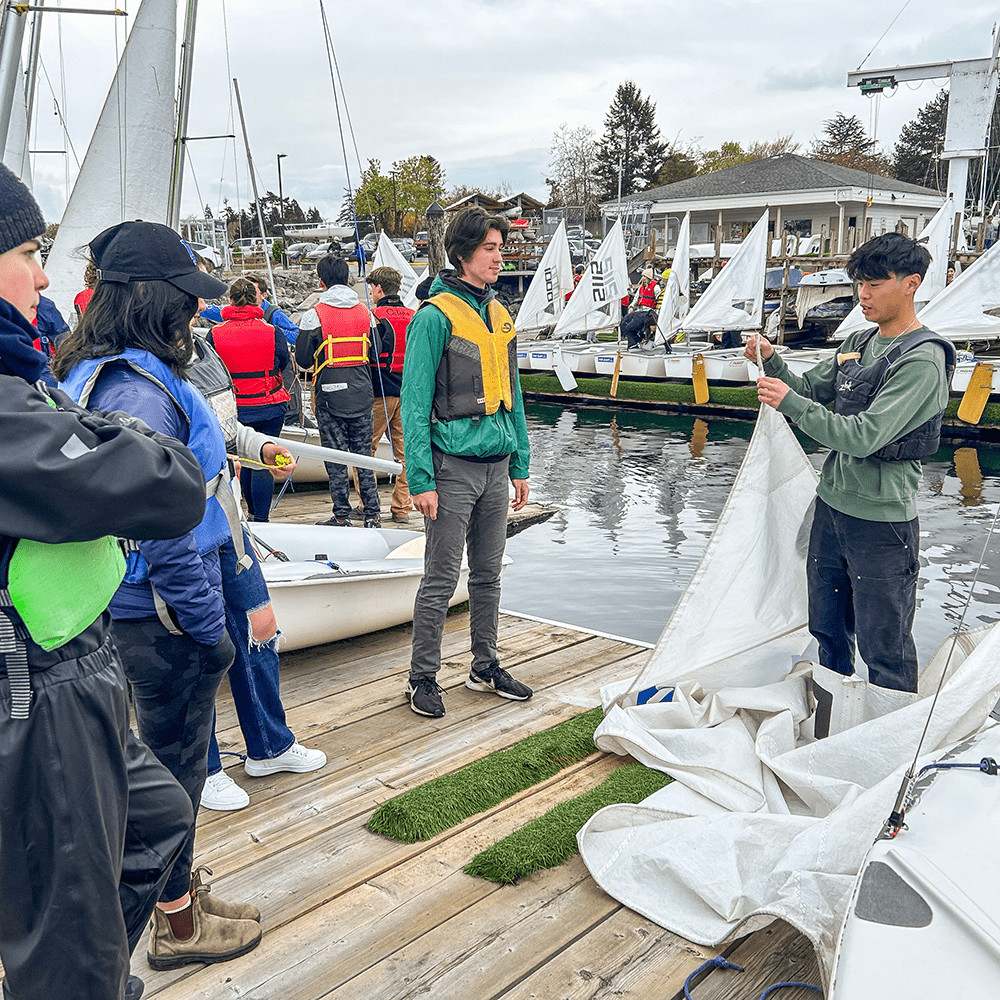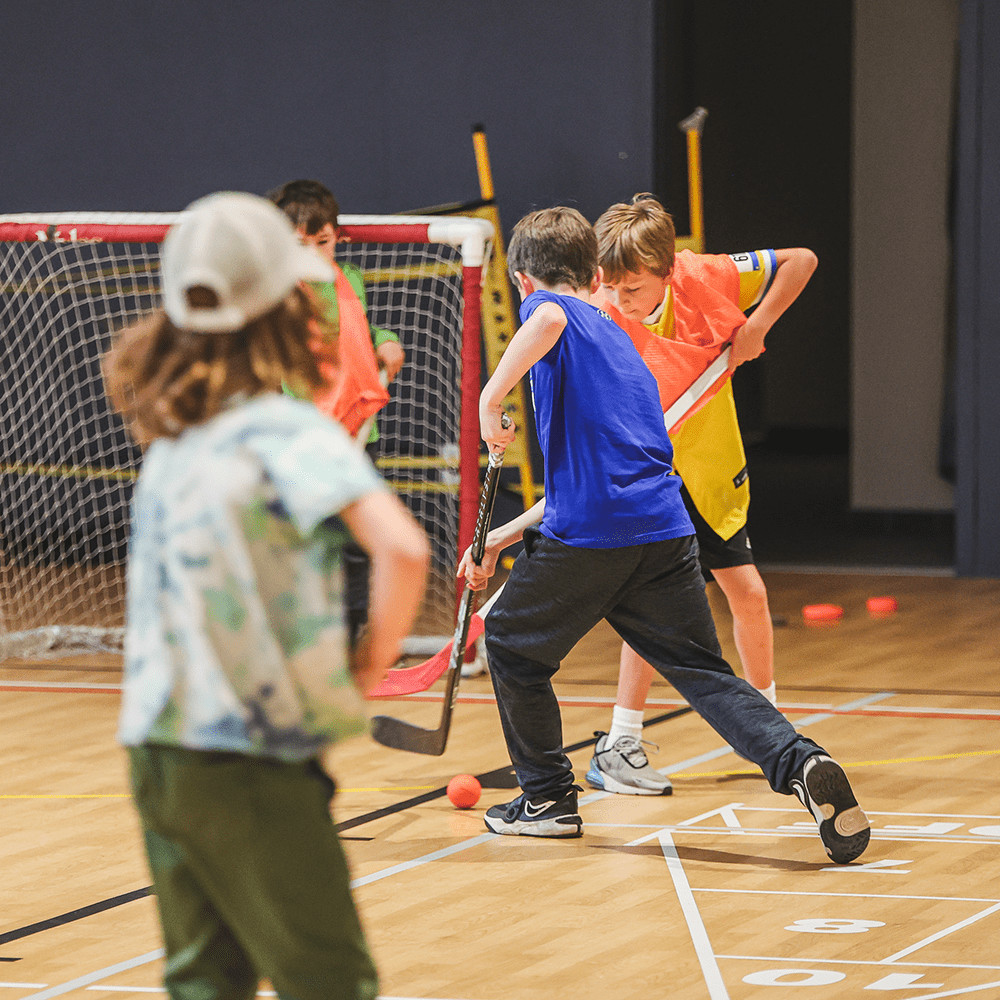Creativity, Activity and Service, or CAS, is one of the three components that make up the core of the IB Diploma Programme and must be pursued by all students wishing to complete the IB Diploma. Described by the course handbook as “a framework for a Diploma candidate’s co-curricular involvement,” CAS aims to create a well-rounded student by creating a balance between both the academic rigour of the IB DP and the student’s co-curricular and passions.
CAS is ongoing for the two years of the DP (Grade 11 and 12), and to complete this requirement, students need to meet and reflect on seven learning outcomes across three strands of Creativity, Activity, and Service, as well as plan and initiate a CAS project.
-
Creativity encompasses any experience that encourages imagination or the creation of an original idea. This year, music is really popular, with many students logging the GNS band under creativity, but, as CAS also involves experiences outside of school, music lessons (violin, piano, cello, or guitar) are also eligible. Involvement in sports can also be included in the creativity strand.Experiences listed under Activity often include physical activity, such as being on a sports team, both in and out of school. Some examples from this year include field hockey, rowing, snowboarding, and sailing.The Service strand requires students to focus on meaningful service experiences that are continuous, rather than spontaneous events. For example, Luka Hurschler ’24 and Sophie Davies ’24 both volunteer at the Royal Jubilee every week as part of the Step Up Youth Program, which runs from September until April. This weekly commitment is much preferred compared to one-time activities such as volunteering at a bake sale, open house or marathon.The seven learning outcomes are:
-
Identify your own strengths and develop areas for growth.Demonstrate that challenges have been undertaken, developing new skills in the process.Demonstrate how to initiate and plan a CAS experience.Show commitment to, and perseverance in, CAS experiences.Demonstrate the skills and recognize the benefits of working collaboratively.Demonstrate engagement with issues of global significance.Recognize and consider the ethics of choices and actions.In addition to meeting these seven learning outcomes across the three strands, students also need to complete a CAS project (ideally before Year 2), a month-long meaningful CAS experience which they have to plan and initiate, by themselves or with other students.One thing that makes fulfilling the CAS requirement more manageable is that the experiences undertaken don’t necessarily need to be new. Students can include their existing co-curricular and service activities to avoid adding more to their already busy schedules.Kylie Chow ’24, with her legendary skills in the art of origami, has embarked on a one-of-a-kind CAS project.“What I’m going ahead with right now involves the Japanese myth of folding a thousand paper cranes, and the story of Sadako Sasaki after the bombings of Hiroshima and Nagasaki,” Kylie said. “My aim is to get some of the student body to fold a paper crane, whether it be one or multiple until we get to a thousand. Then, I’m going to hang them up near the Health Centre or give them to a local hospital. In doing this, I not only hope to educate others about the myth and the story of Sadako and cancer, but to have a fun little activity a student could try out and be a small, but crucial, part of.”Inspired by his involvement with the Step Up Youth Program, Luka Hurschler ’24 has decided to incorporate it into his CAS project.“For my CAS project, I want to train students how to use naloxone,” explains Luka. “I will need to get a certification and I might recruit the help of some of my peers to also train students, but I think that it is a really great project that can give our school some great skills.”Even though the CAS system is meant to provide balance for students who are undertaking the difficult academics of the DP, the fact that a pass is required to earn the Diploma does unfortunately institute a certain degree of stress.For example, Kylie’s hurdle with CAS really resonates with many of her peers. “The hardest part has been motivating myself to do all of it! Most days, I’m so tired, I just want to sleep. But I try to push myself to enrich my life with CAS activities.”Kate Wood ’24 also echoes the sentiment of her peers, as she describes her challenge with CAS.“The hardest part has been making sure to hit all the criteria without getting overwhelmed while balancing school, work and sports.”As with all things IB, the CAS program can be difficult, but it is much more enjoyable when students pursue experiences meaningful to them. Additionally, the CAS supervisors, Mme. Girard (our marvelous IB Diploma Coordinator) and our teachers, all make up a wonderful support team, who, in addition to helping with CAS, often are the unsung heroes who will help us all be successful in the IB Diploma Programme.





